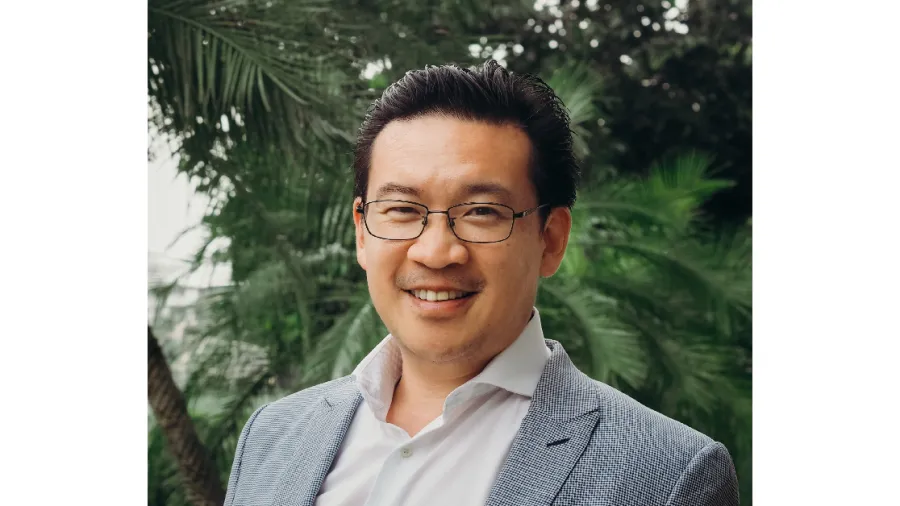
Telecom firms need agility to innovate and make better decisions, says KPMG exec
As an energy guzzler, the industry needs to address its impact on the environment and society.
Darren Yong is the Asia Pacific Head of Technology, Media & Telecommunications at KPMG in Singapore. He is also the Asia Pacific Head of Clients & Market Development and part of the ASPAC Leadership team. A highly accomplished executive with over 20 years of experience in telecom and information technology, Darren is passionate about emerging technologies that enable clients’ digital transformation.
Darren has led key technology engagements at KPMG covering strategy, data migration, cloud, blockchain, and use case builds. He also advises C-suite clients across the telecom, technology, banking, insurance, life sciences, energy and resources, consumer industries on strategy, transformation, cyber security, data and analytics, and cloud.
Prior to joining KPMG, Darren worked in industry-leading companies, such as Orange Business Services, Verizon Business, Sprint International, Lucent Worldwide Services, Siemens, and Nortel, where he held key positions.
As a judge in the Asian Telecom Awards, Yong provided his thoughts on how the telecom industry needs to transform and his personal goals of bridging the digital gap and supporting education for the less privileged.
What are the trends that you are currently seeing in the telecommunications sector?
We are seeing an increasing trend with telecom players focusing on new emerging revenue streams. With technologies such as 5G, IoT, and the connected home, the need for a telecom company to operate more like a technology company has resulted in many telcos moving into adjacent spaces such as banking, insurance, health, and other Platforms. As telcos look at being a smart city enabler, capitalising on smart home revenue or moving into payments and micro-insurance, we see an increasing focus on how telecom companies monetise and democratise data within and outside their business. This focus takes telecom companies “beyond connectivity” and has resulted in a number of telcos taking clear steps towards this new way of working. We also see ESG trends linked to the environment and carbon goals gaining more prominence. In a world where data will continue to grow exponentially, the need for energy to cool the data centres that store this data will continue to increase. Telecom companies, as one of the biggest user of energy, will need to act more socially responsible to ensure that they are adequately positioned to address their direct impact on the environment.
What challenges do you typically foresee amongst telecommunication companies that undergo digital transformation and what do you advise for them to resolve those challenges?
The typical challenges we see for telecom companies in digitally transforming themselves link back to the tech giants and rising digital natives. With these new tech companies starting to challenge telecom revenues, there is a need for telecom companies to look to reinvent how they work. The biggest challenge relates to the fundamental way telecom organisations think, organise, and operate. Given there isn’t the luxury to start from scratch, they need to evolve their way of working into organisations that can develop new products, make decisions, and innovate at the same speed as a tech company. This change also requires a shift internally around the future skills and capabilities that the company needs as they look at being more data-driven to provide real-time insights and opportunities to drive enhanced efficiencies internally as well as externally in how telecom companies operate.
As an executive in a very dynamic industry, do you, yourself, encounter any challenges? Can you cite examples of any difficulties you have had to face and how you conquered those difficulties?
I encounter challenges on a daily basis. As I work with executives, some of the more common challenges I relate to is how effectively I communicate the vision and next steps by which our clients and teams can take forward and implement.
With different levels of understanding around technology and varying levels of maturity and appetite to change, each client communication needs to be adapted accordingly. This requires “in the moment attention” to the specific person and adaptive ways of engaging in a meaningful and relevant way to them. With the increasing velocity of change and new emerging trends, the ability to connect the dots in a complex and evolving environment is critical. Communicating the steps in simple and easy to digest ways is the challenge I constantly face. I do not believe in a one size fits all approach when it comes to implementing change. Therefore, what I find useful is to remind myself of what the individual’s core agenda—, how I can help them and authentically engage with them by bringing new ideas and ways that could help them. Ultimately, you can never be wrong if we are trying to help your clients and their organisation.
You're quite an accomplished professional. What other goals do you have in your career and outside of work?
I would like to continue to advance my knowledge in new areas related to technology and how this can advance the businesses I support. Areas such as the application of 5G, blockchain, and crypto continue to be front of mind for me, however, emerging areas, such as space, quantum computing and metaverse, are areas I continue to observe and keep an eye on. I would also like to use my skills and relationships to support communities that would not have the privilege or access that many of us have. There are many in emerging markets who, with the right education, could change the world. It seems a little unfair that because they were not born in the right country or social demographic that should not get the same education or access to technology. What if one of these individuals could create the next invention to save lives or make the world a better place? I have been donating to charities supporting orphanages and am currently interested in finding ways to work with charities and organisations to help bridge the digital divide, help those who are providing education to equip those less fortunate.
As a judge in the Asian Telecom Awards, what do you think sets the winners apart from other contenders?
Those that show innovation and thoughtfulness in applying their ideas to real-world problems would be at the top of my list. We know technology alone can't solve world problems. Those that have connected this to solve a major need or targeting a specific opportunity would be high up on my list. Extra brownie points if it has a social or environmental impact!
What can you advise to technology professionals and students who aspire to have a similar career as yours?
Always stay open to new ideas, be agile in how you learn and never lose sight of the customer. The world will continue to move at a pace, so being able to adapt and keep up will be a critical skill. Above all, do something you enjoy and love and find purpose in it!

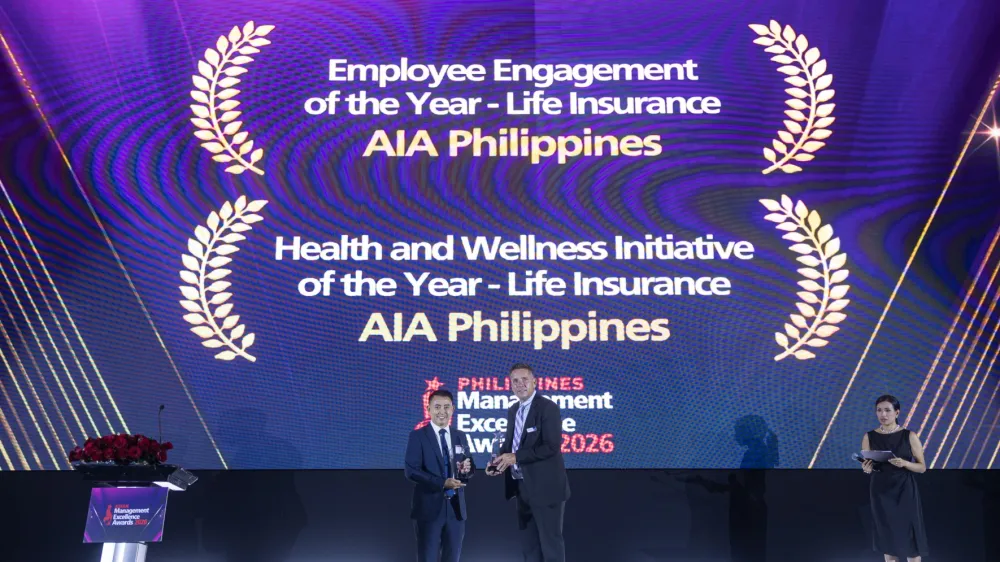




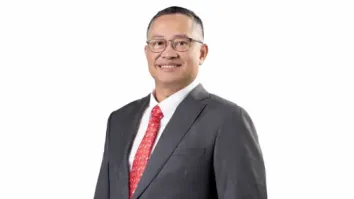



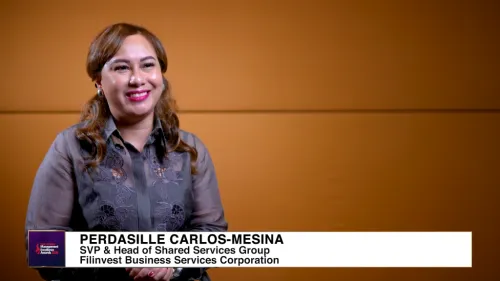
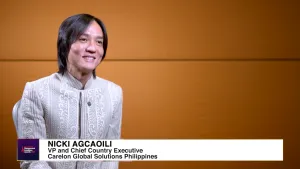
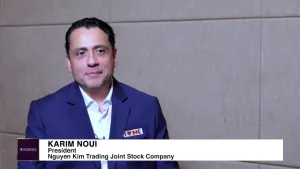
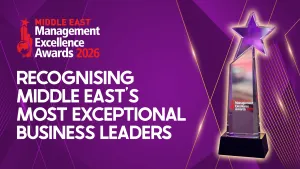
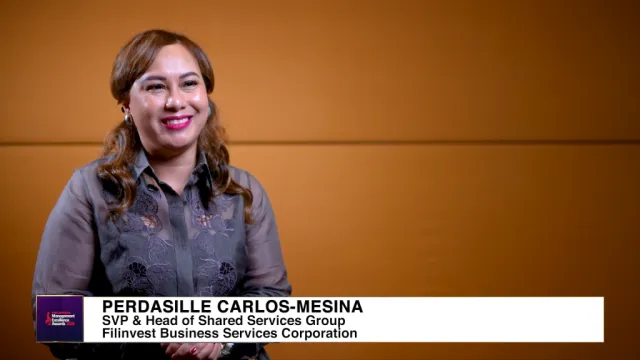
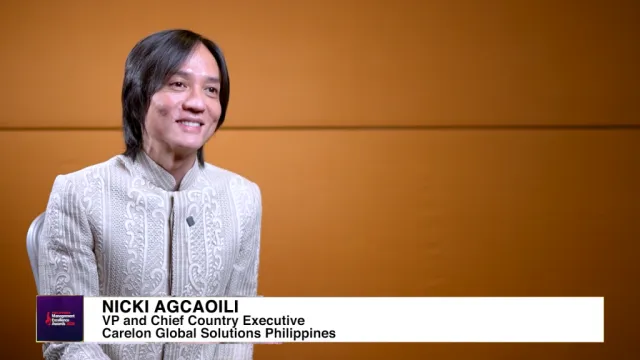



 Advertise
Advertise









